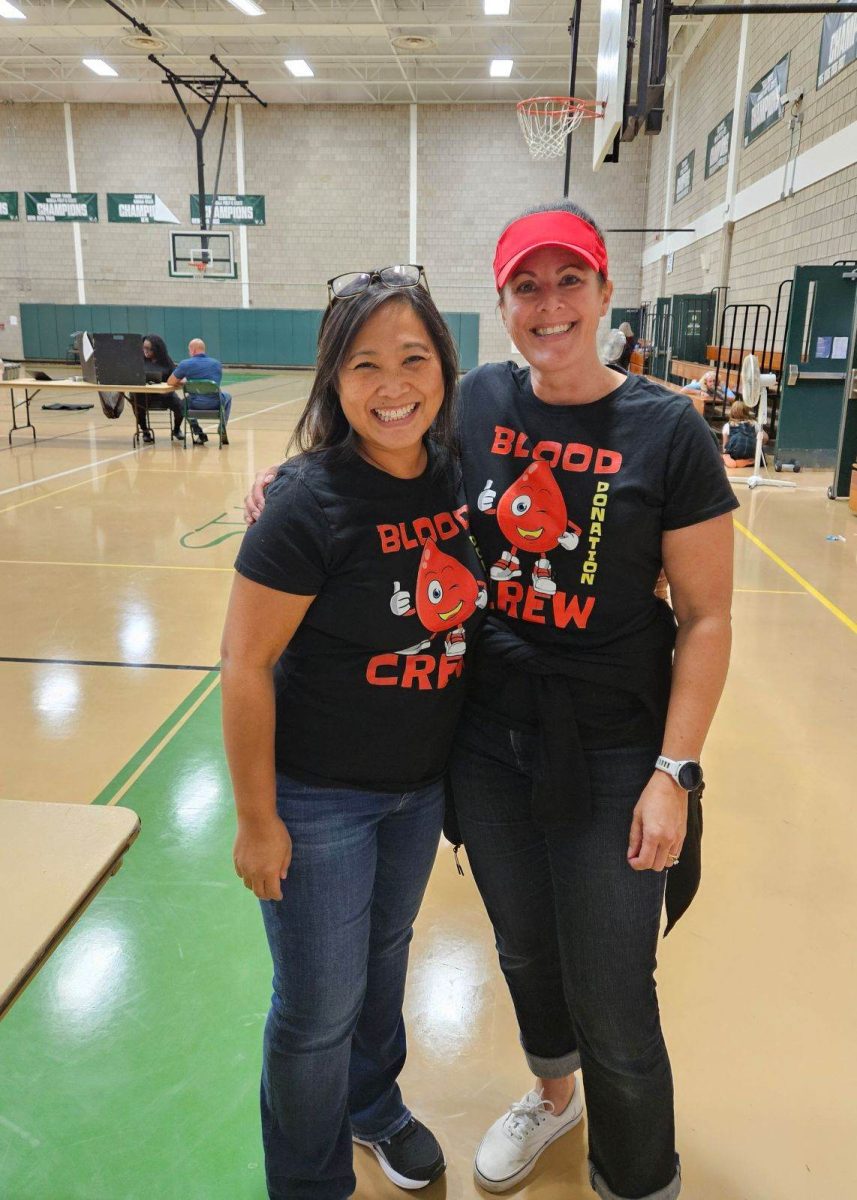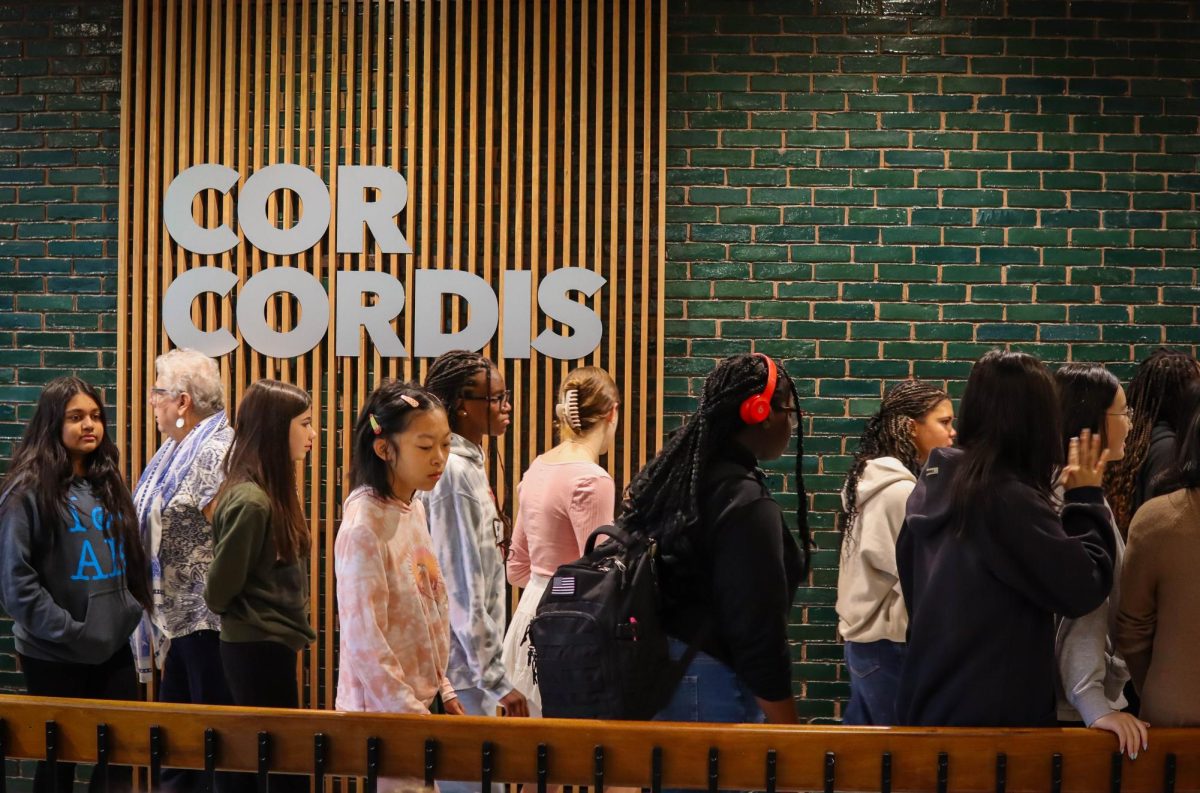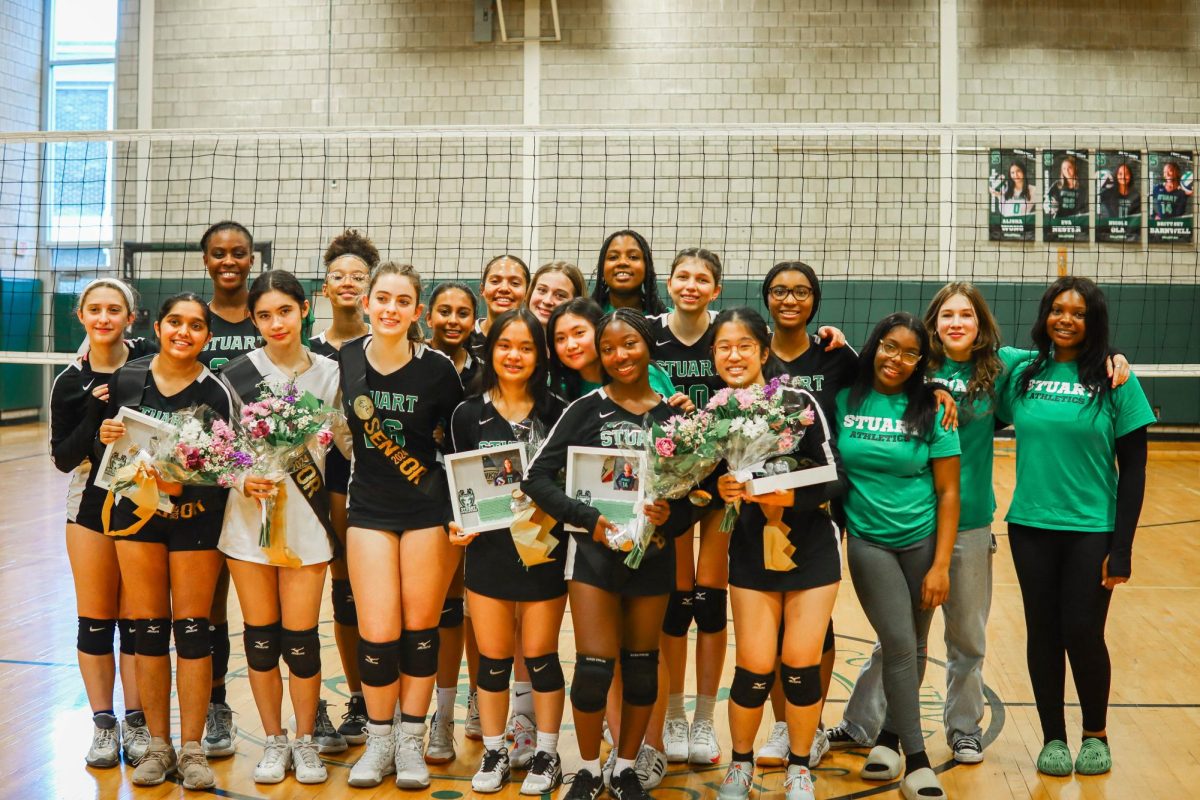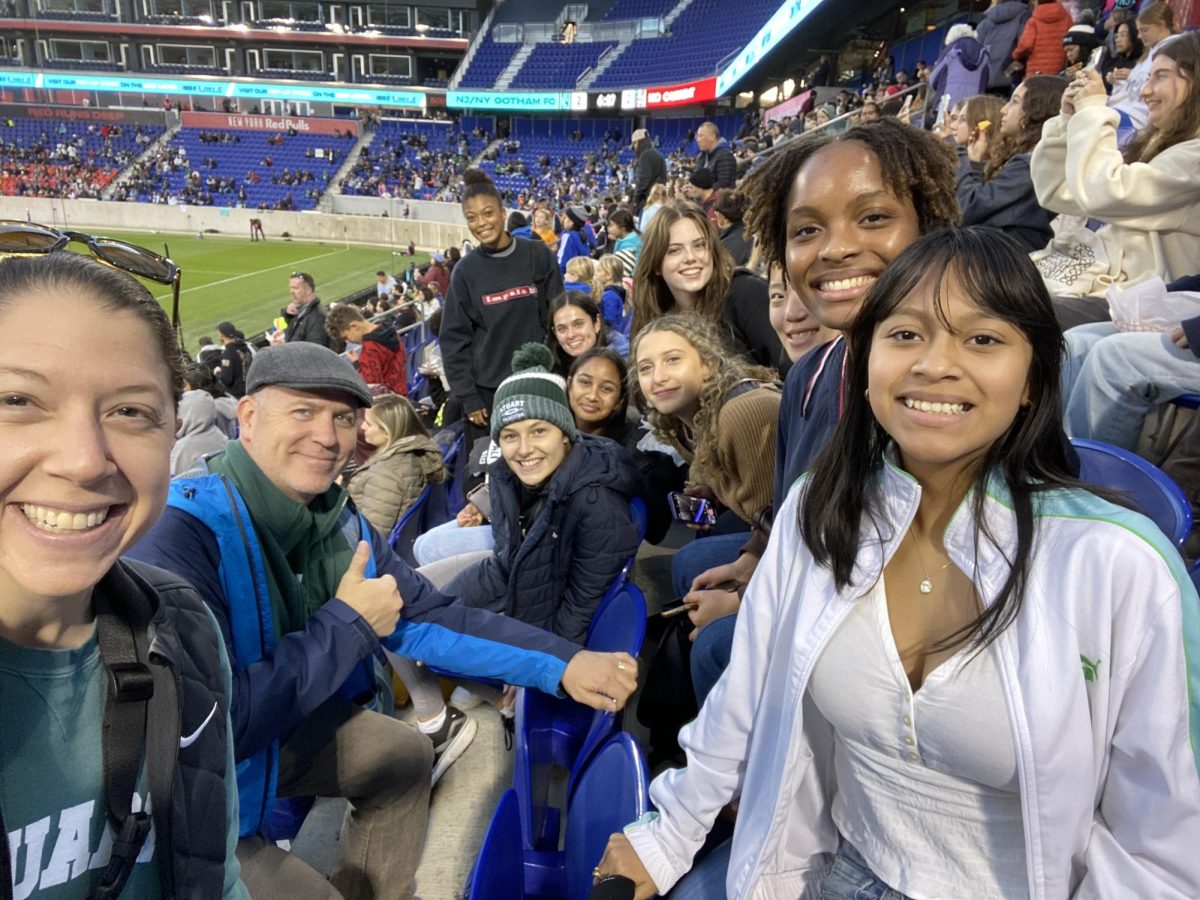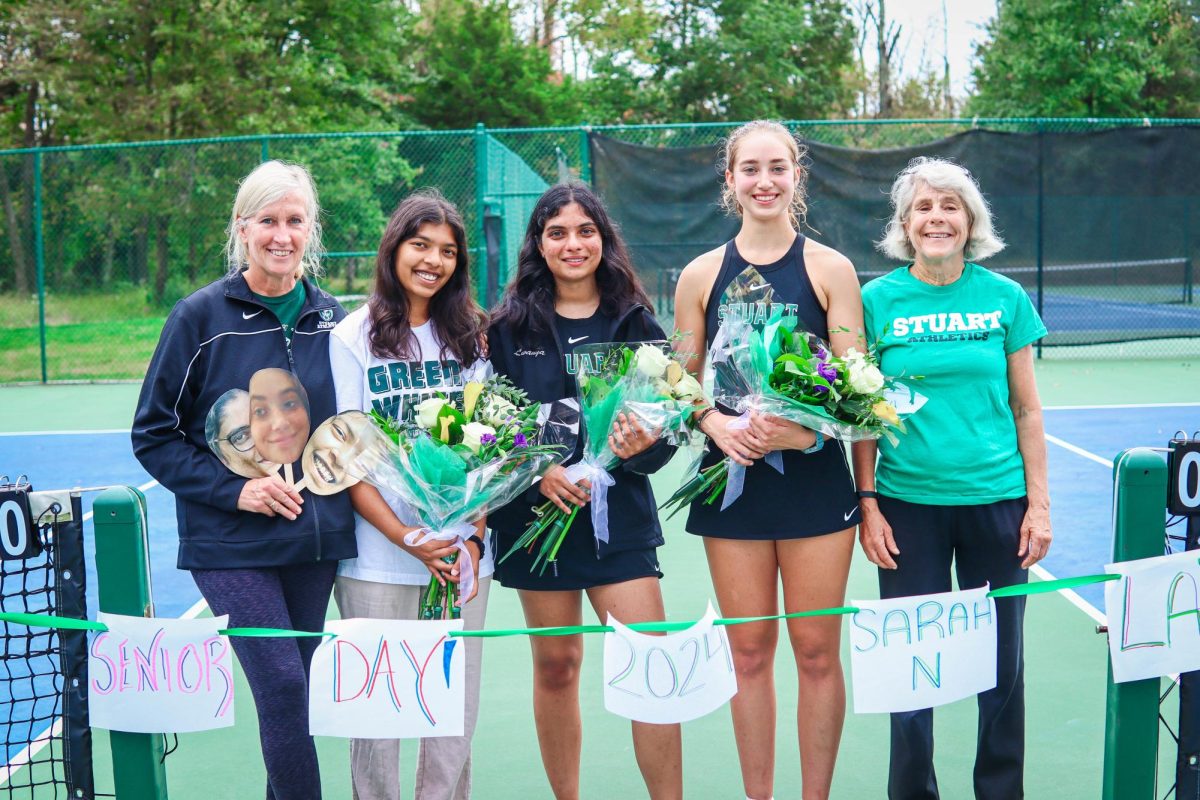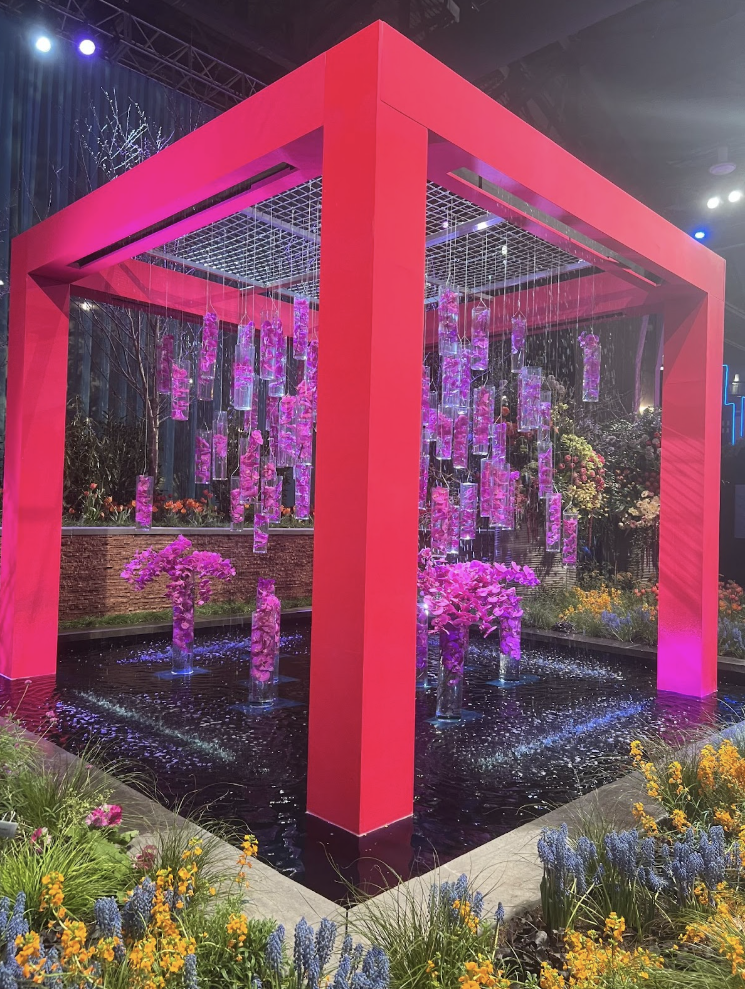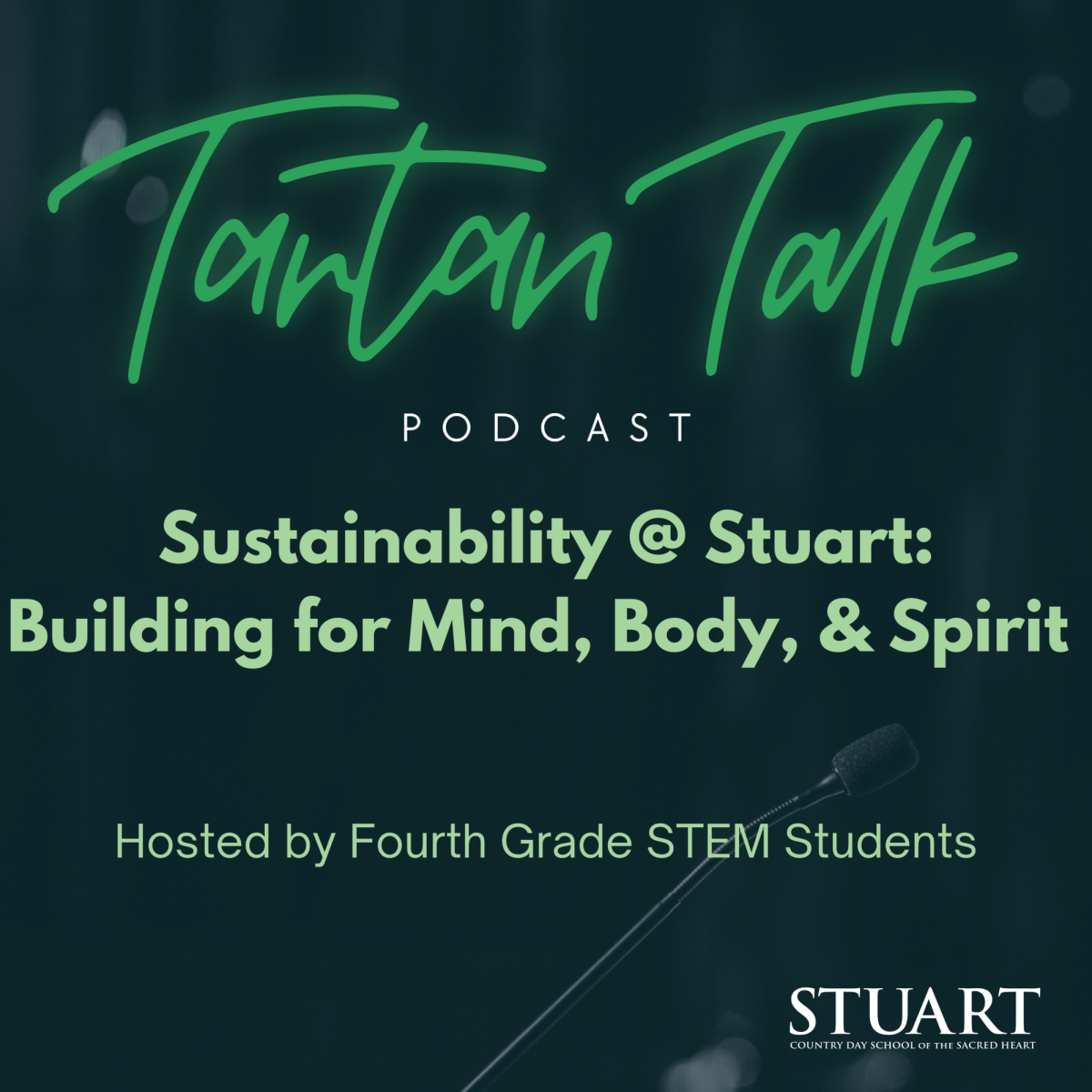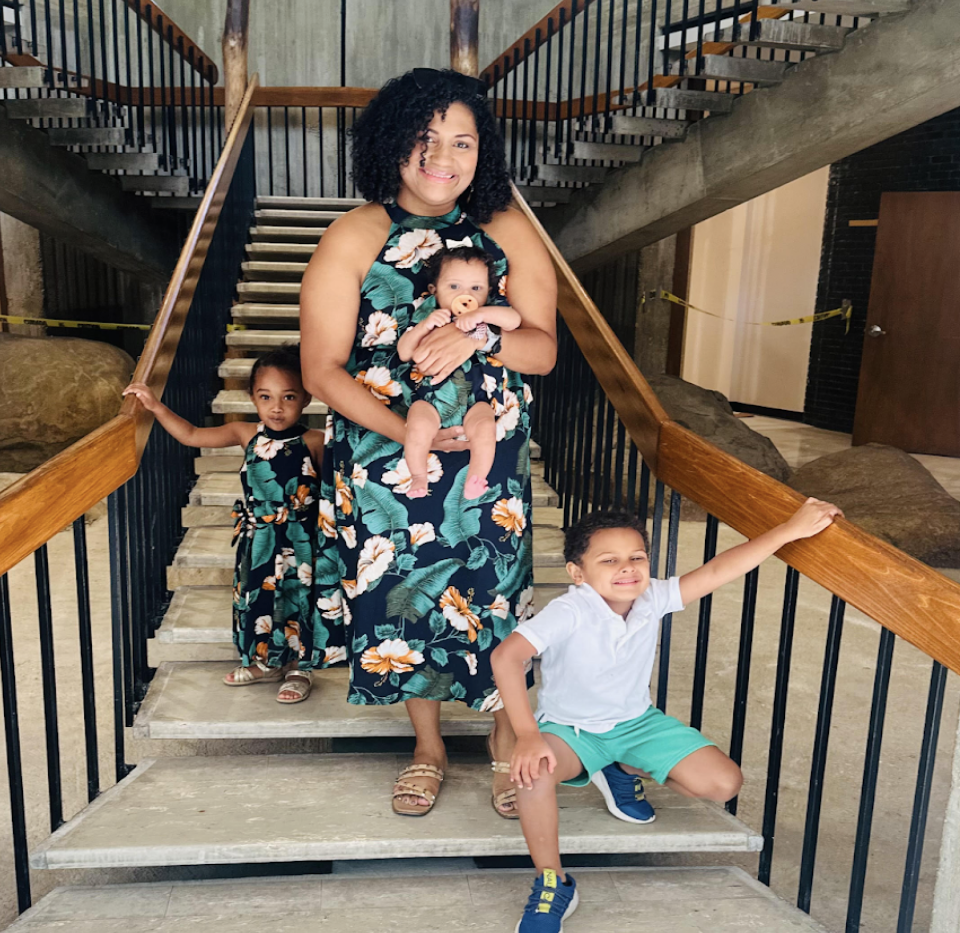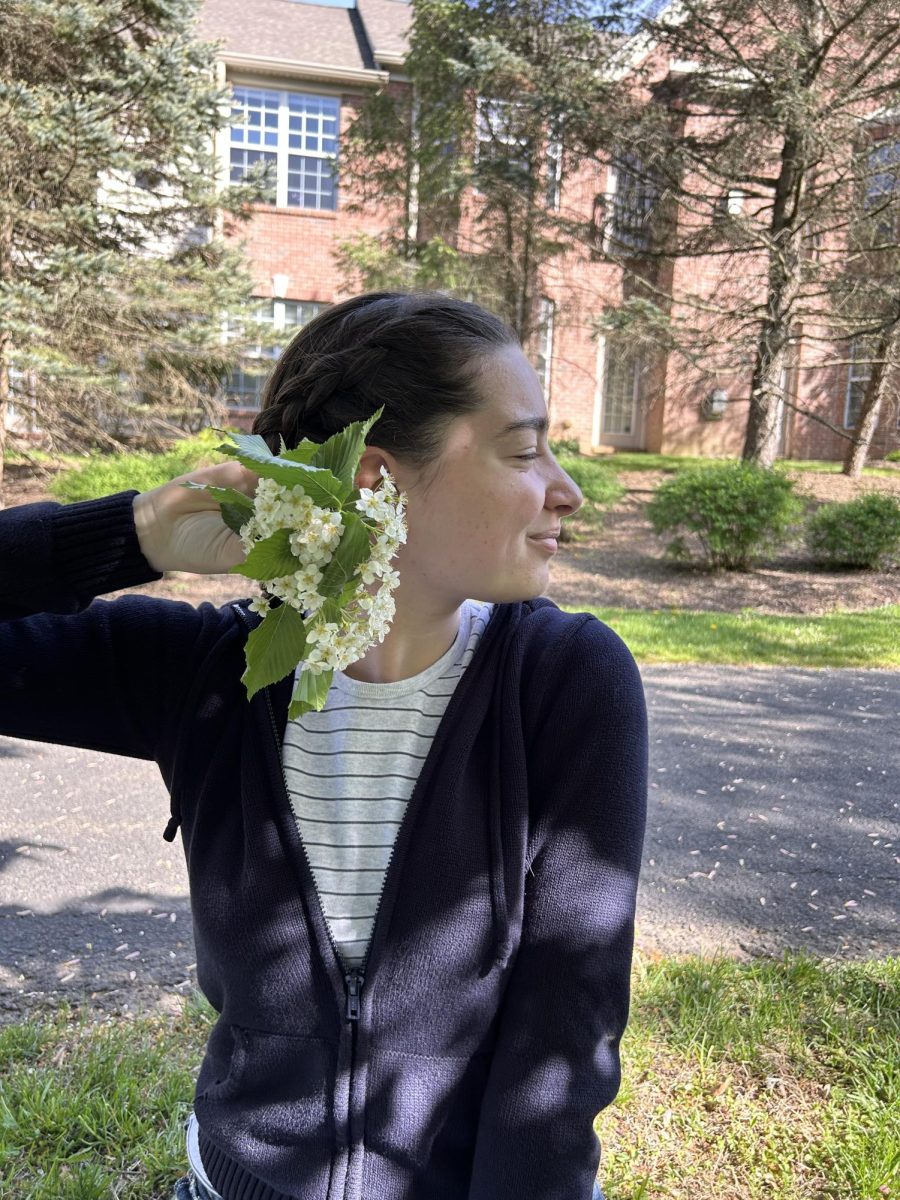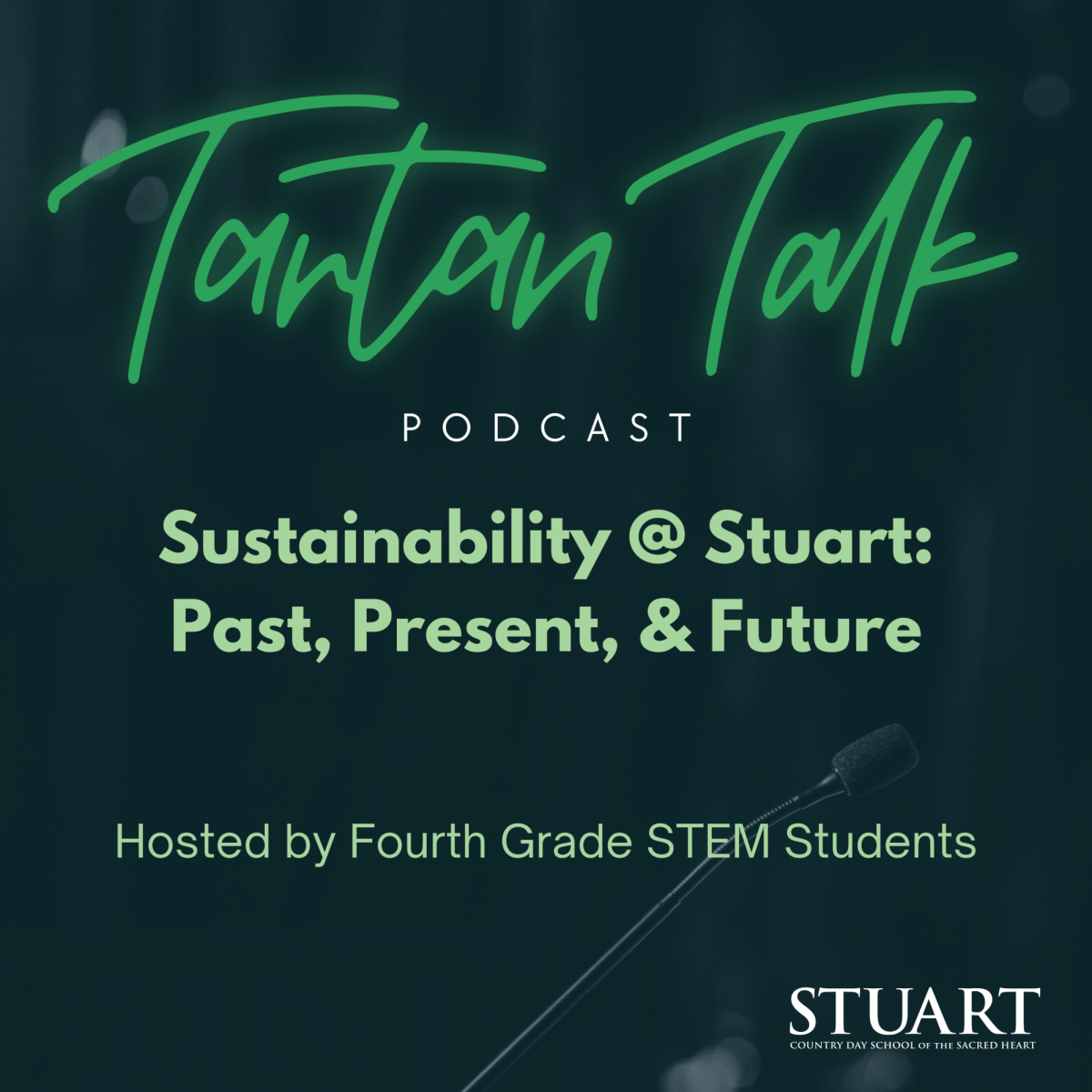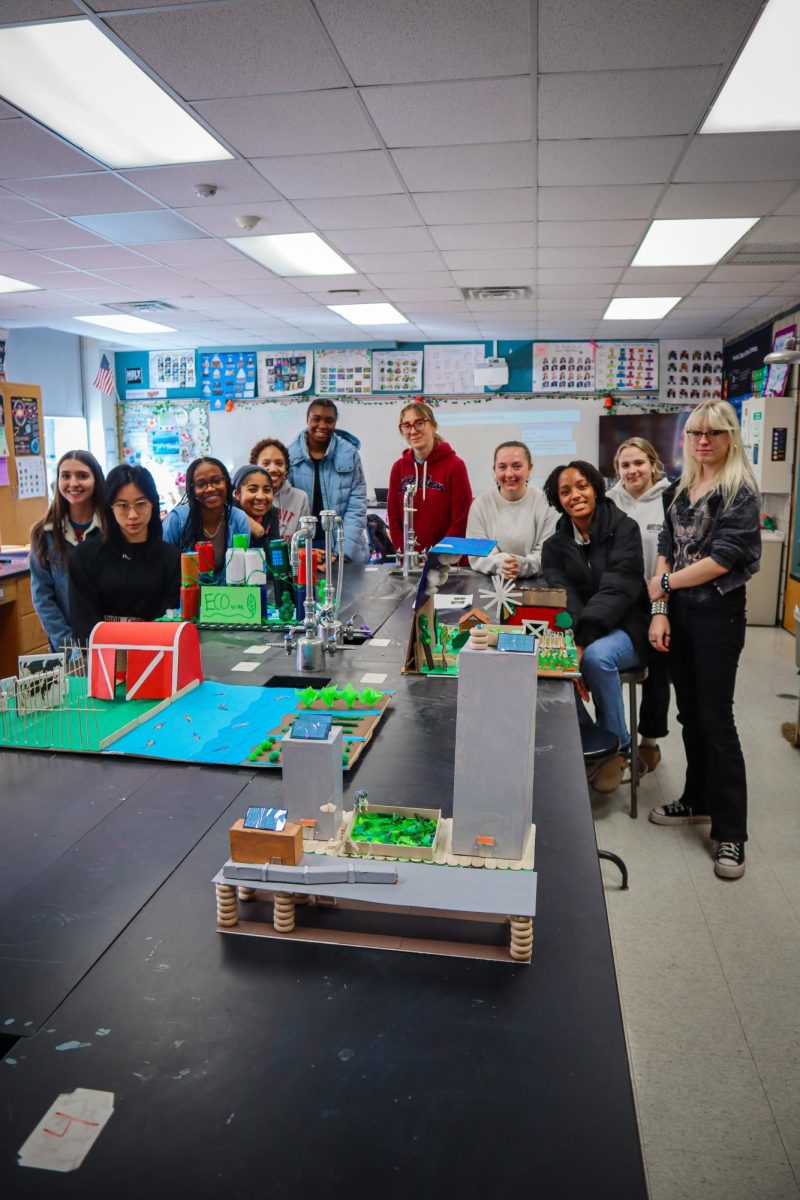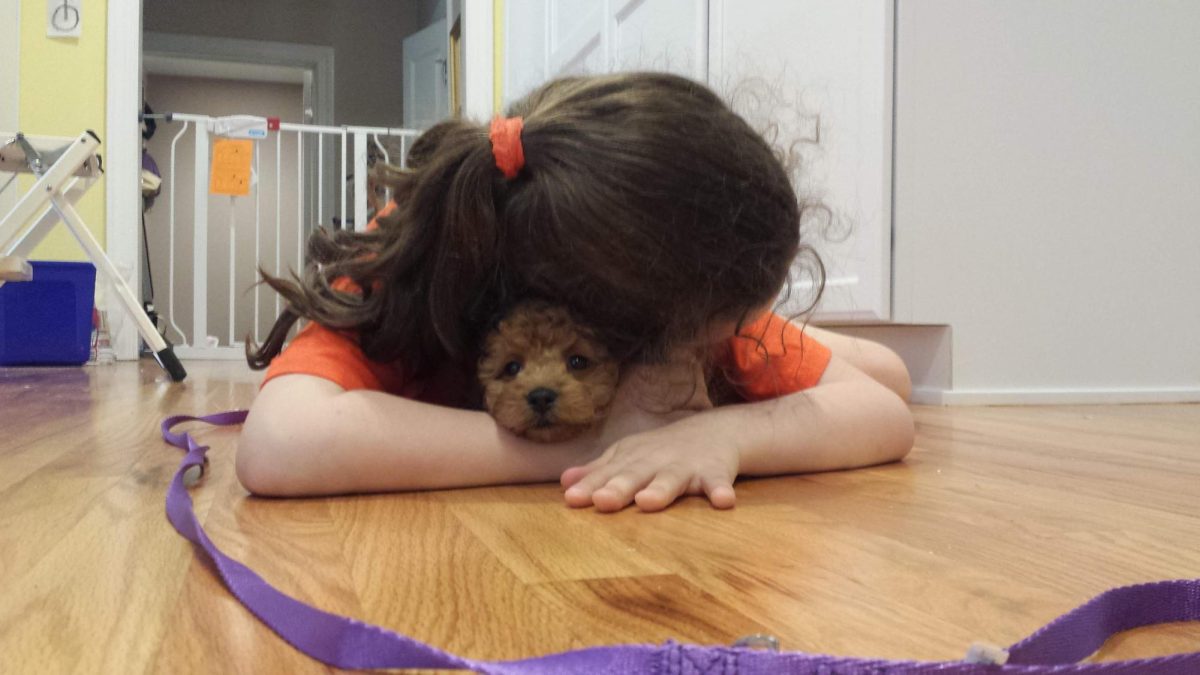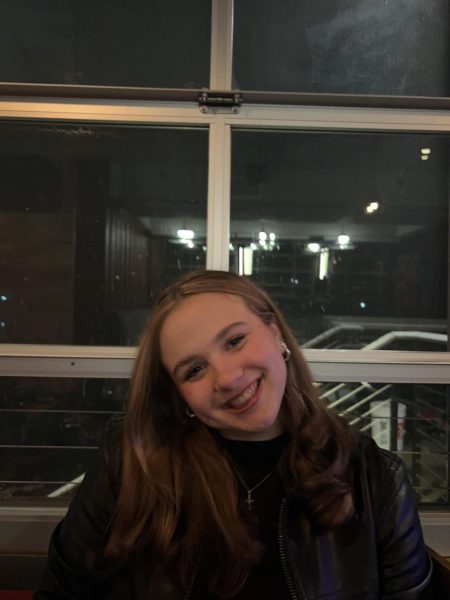On Monday, February 4, 2025, students in Mrs. Voicu’s AP Environmental Science (APES) class presented their redesigned sustainable projects. Over the past week, these students have been hard at work brainstorming, designing, and building models of sustainable farms and cities to address real-world environmental problems that the class has been studying.
This project allowed students to apply their knowledge of sustainable energy, waste management, and urban planning to create eco-friendly communities. Each group presented their designs, explaining the innovative features that made their projects more efficient, environmentally friendly, and sustainable. The overarching question they aimed to answer was: How do we reduce the impacts of urbanization on the future of our planet?
Two groups focused on designing sustainable farms. One group tackled issues such as monocropping, synthetic fertilizers, and pesticide use—factors that harm biodiversity. To combat these problems, their designs incorporated rotational grazing and initiatives to promote both food security and biodiversity. Another group even integrated a koi pond into their farming system. “We use this to naturally fertilize our fields,” said Pari Hazaveh (Class of 2024).
On the other hand, another group focused more heavily on climate change and pesticide use. They addressed these challenges by incorporating a drip irrigation system, regular crop rotation, and methods to enhance biodiversity.
Two additional groups designed sustainable cities, targeting issues such as overcrowding, excessive electricity consumption, CO2 emissions, and the need for green infrastructure. Their solutions included permeable roadways, solar panels, expanded public transportation, and increased green spaces to mitigate these environmental concerns.
“The project made me realize that even small design changes can make a huge impact,” said Riley Norton (Class of 2025).
This project not only reinforced key environmentally friendly practices but also encouraged students to consider their individual roles in building a more sustainable world. As climate change remains a major global concern, projects like these serve as both an educational tool and a hopeful reminder that innovative thinking leads to sustainable solutions. With sustainability at the forefront of global conversations, APES students are ready to take on the challenge of creating a greener future.




